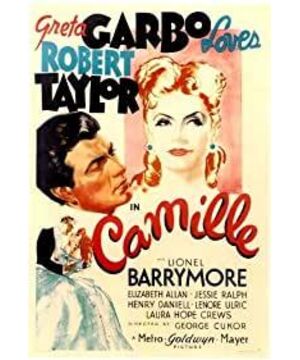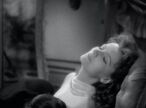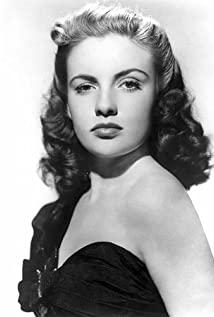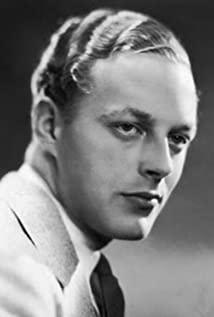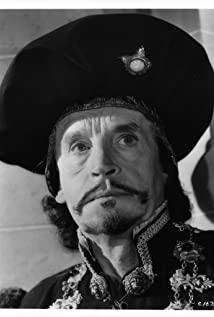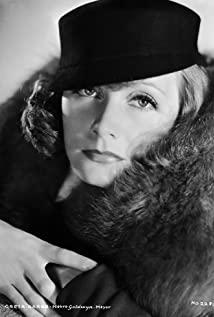The film adaptation is not good, not as rich as the original story, so convincing. In the original book, Margaret was supported by different men, the old duke who regarded him as his daughter and a baron who knew him well. Countless people wanted to go bankrupt for him, and she could reject the baron she didn't like. Margaret in the movie is a little humble in the early days. The original book clearly and clearly understands the line of money and the fundamental reason why the two will eventually separate. The male protagonist wants to love her like a rich man and support him, but he can't, because Margaret's life is too extravagant and needs to spend too much money. Margaret hopes that the male protagonist will love her like a poor man and accept her support and love from other men, but the male protagonist cannot do it. In the end, Margaret gave up her extravagant life and sold her property to be with the male protagonist. A plot touched me very much. Margaret sold jewelry without the knowledge of the male protagonist to maintain their lives. The male protagonist was very angry when he found out. At first, he hoped that Margaret could keep her original life as much as possible. Margaret asked him: Do you want me to be as extravagant as I used to be, for your own vanity? It can be seen here that Margaret is really sober and well-mannered, and it makes people understand her sorrow. Luxury has never been her pursuit, it is her lover who wants her to be like this, and her heart is empty and can only be filled with material things. After getting the love of the male protagonist, she was really happy. These contents are not shown in the movie, and the plot of two men fighting for jealousy or even duel is a bit redundant and cliché. Those dukes and barons only used Margaret as a decoration, so they shouldn't fight for her, right? If according to their original wishes, Margaret sold all her property to pay off her debts, and she could be with the male protagonist. But society has too much prejudice against prostitutes like Margaret. The male protagonist's work will be affected, as will her sister's marriage. My sister's marriage is a very big factor, I don't know why the movie didn't bring it up. This is a fact that Margaret and the male protagonist cannot change no matter how hard they try, and Margaret can only choose to leave. In the movie, I always felt that the male protagonist delayed his future because of having fun with Margaret, and my father came to question him. In the end, the male protagonist and the female protagonist met for the last time and said to take her out of Paris. If the female protagonist was cured, they seemed to leave like this. But not in reality, the resistance is too great, and this resistance is the most fundamental reason for the tragedy. Margaret prayed for the male protagonist to come back countless times, but she also thought, what if she came back? There was no possibility between them. She gave up almost everything for this love, and it turned out that no matter how deeply they loved No matter how hard she worked, she would never have love and a normal life in her life. This is also the reason why she finally begged for death in despair.
Garbo's image is not like the imagined Margaret, nobility is more than soft and charming, but the acting skills have nothing to say, the characters are standing. In my imagination Margaret, the most perfect image should be Vivien Leigh. Some people in the comments nominated Marilyn Monroe, but I think Monroe is too soft and sweet, which is not in line with the holy and heroic image of the later period.
View more about Camille reviews


